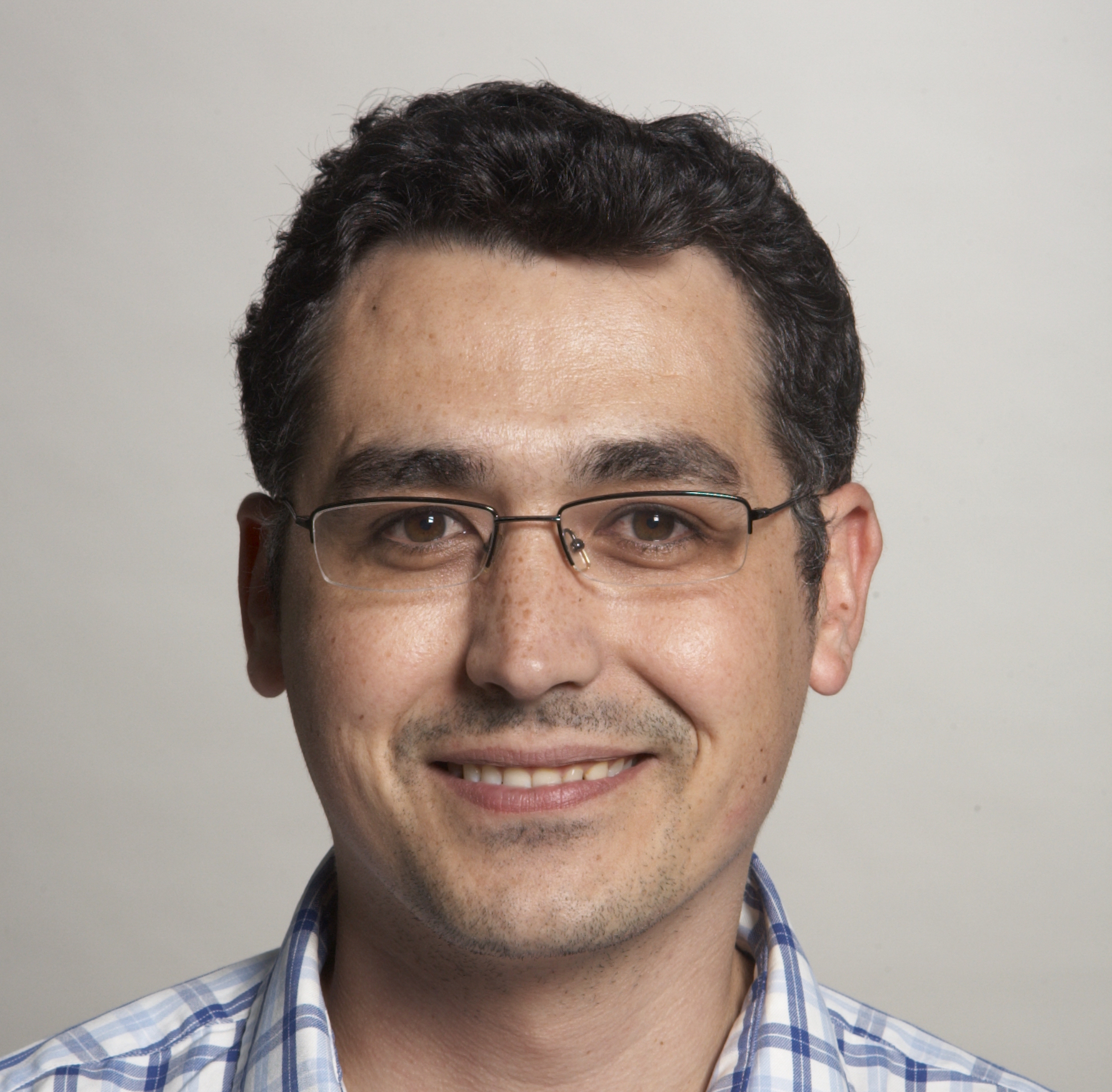Targeting Trained Immunity in Organ Transplantation
We typically think of allograft rejection as being a clear demonstration of an adaptive immune response driven by the specific antigen receptors of T and B cells interacting with alloantigen expressing cells. Trained immunity is the term given to a functional program of the innate immune system characterized by non-permanent epigenetic and metabolic reprogramming of macrophages. Ample evidence has accumulated for a direct role of monocytes and macrophages, including a capacity for allo‐like differentiation by these cells of self and non-self. This concept deserves attention as it reminds us to avoid “overtraining” our thoughts about graft rejection and remaining cognizant of the breadth of immune elements involved in graft acceptance and rejection.
 Dr. Jordi Ochando is an Assistant Professor of Oncological Sciences at the Icahn School of Medicine at Mount Sinai in New York (USA). His laboratory has recently discovered that trained immunity represents a previously unrecognized pathway that prevents the induction of transplantation tolerance. To prevent the detrimental effects of trained macrophages, his laboratory uses a novel revolutionary targeted therapeutic delivery approach, in which drug-loaded nanobiologics that specifically target macrophages in vivo and induce long-term allograft acceptance with minimal immunosuppressive drug usage. This research represents a compelling framework for developing novel targeted therapies that modulate the innate immune response with the concomitant clinical applications in humans.
Dr. Jordi Ochando is an Assistant Professor of Oncological Sciences at the Icahn School of Medicine at Mount Sinai in New York (USA). His laboratory has recently discovered that trained immunity represents a previously unrecognized pathway that prevents the induction of transplantation tolerance. To prevent the detrimental effects of trained macrophages, his laboratory uses a novel revolutionary targeted therapeutic delivery approach, in which drug-loaded nanobiologics that specifically target macrophages in vivo and induce long-term allograft acceptance with minimal immunosuppressive drug usage. This research represents a compelling framework for developing novel targeted therapies that modulate the innate immune response with the concomitant clinical applications in humans.
